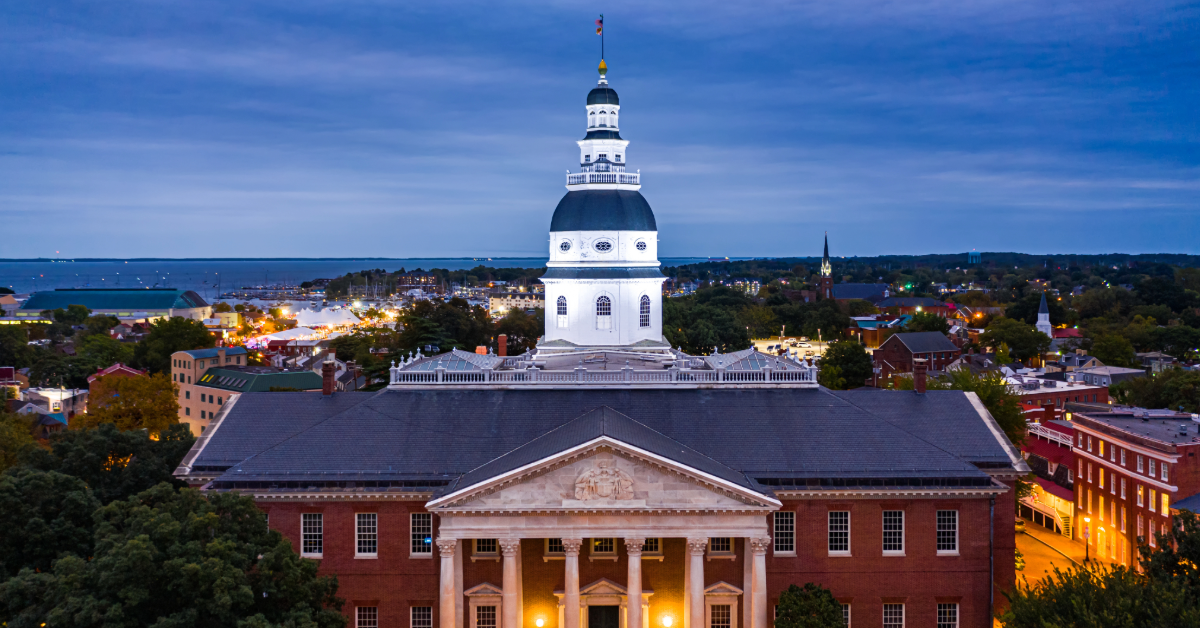Why Maryland Did Not Ratify the Fourteenth Amendment (Until 1959)

In honor of Black History Month, InsightZS editor John Connolly posted a longform article on his personal website titled Why Maryland Did Not Ratify the Fourteenth Amendment (Until 1959). The article discusses the technical and racial objections to the proposed amendment asserted by Maryland’s reactionary leadership in the aftermath of the Civil War. The stated objections focused mostly on the more obscure sections of the amendment, including section 2, which would penalize Maryland if it did not adopt “manhood suffrage” (essentially, allowing Black men to vote), and section 4, which prohibited the federal and state governments from paying “any claim for the loss or emancipation of any slave.” Ninety-one years later, Maryland’s first Black state senators convinced the General Assembly to ratify the Fourteenth Amendment, which by then had long been accepted in Maryland and elsewhere as the law of the land. To view the full article, please visit here.
Information provided on InsightZS should not be considered legal advice and expressed views are those of the authors alone. Readers should seek specific legal guidance before acting in any particular circumstance.
Author(s)

John J. Connolly
Partner
Email | +1 410.949.1149
As the regulatory and business environments in which our clients operate grow increasingly complex, we identify and offer perspectives on significant legal developments affecting businesses, organizations, and individuals. Each post aims to address timely issues and trends by evaluating impactful decisions, sharing observations of key enforcement changes, or distilling best practices drawn from experience. InsightZS also features personal interest pieces about the impact of our legal work in our communities and about associate life at Zuckerman Spaeder.
Information provided on InsightZS should not be considered legal advice and expressed views are those of the authors alone. Readers should seek specific legal guidance before acting in any particular circumstance.




